Battery4Life competence centre starts operations

The new COMET centre officially started operations on 1 April. Christian Ellersdorfer from the Institute for Vehicle Safety was appointed Managing Director.

The new COMET centre officially started operations on 1 April. Christian Ellersdorfer from the Institute for Vehicle Safety was appointed Managing Director.
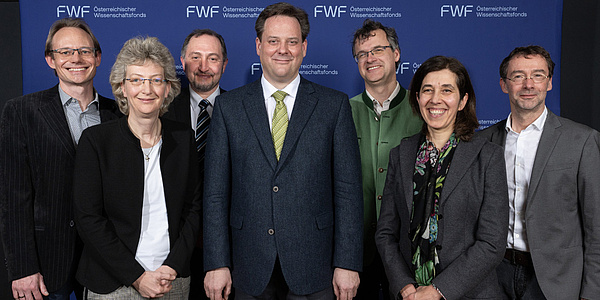
In the collaborative project “Circular Bioengineering”, researchers at five universities are developing methods and processes for producing sustainable bio-based chemicals and materials. The funding…
One topic, but a multiplicity of angles and perspectives.
Energy storage systems are becoming increasingly important, powerful and widespread. However, this also means that the demands on their safety and durability are growing.

In 2040, electricity production from solar installations will often significantly exceed demand, especially at midday. Robert Schürhuber from the Institute of Electrical Power Systems at TU Graz…
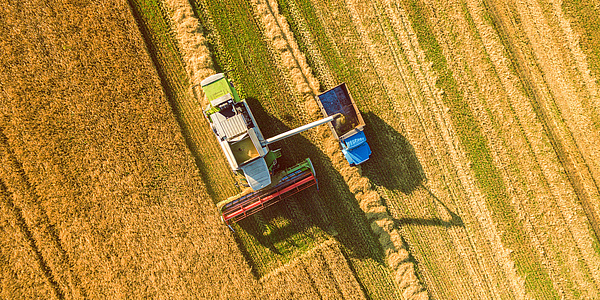
In contrast to annual plants, perennial wheat offers a more diverse microbiome and has a significantly lower impact on soil and environment – as has just been proven by researchers at TU Graz’s…
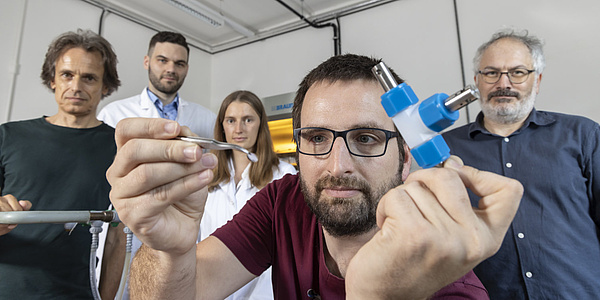
Batteries undercut their theoretical capacity in practice, sometimes significantly. In a lithium iron phosphate cathode, researchers at TU Graz have now been able to observe exactly where the capacity…
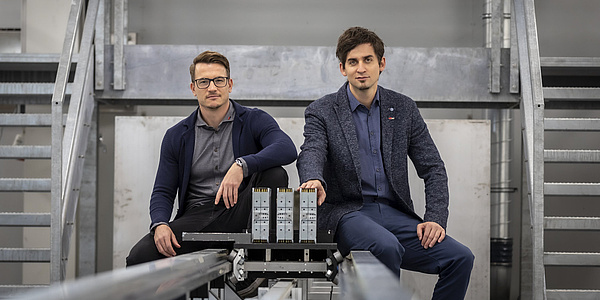
Researchers at the Vehicle Safety Institute will team up with national and international partners to make batteries safer, extend their service life and make them more sustainable. The FFG, the…
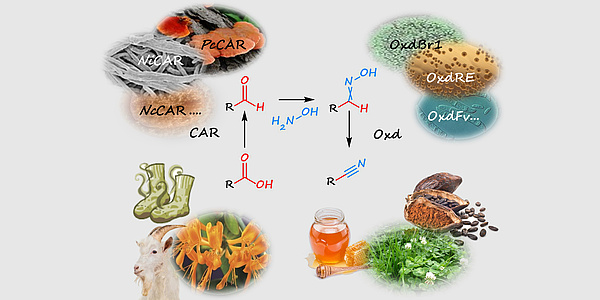
A research team from TU Graz and the Czech Academy of Sciences has used two enzymes to eliminate the need for highly toxic cyanide in the production of nitriles.

A team from TU Graz has analysed the risk and damage potential of hydrogen vehicles in tunnels and derived recommendations. Their conclusion? Any damage would be extensive, but its occurrence is…
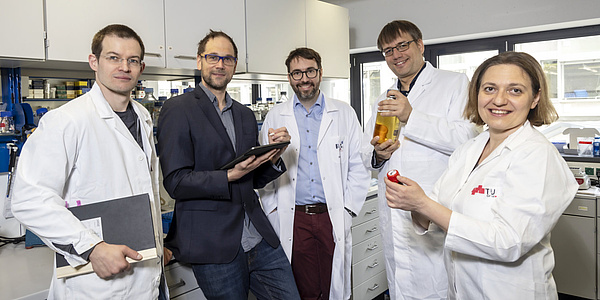
In a multidisciplinary research project, researchers from the biosciences, process engineering and computer science want to massively increase efficiency in the development of new enzymes and process…
Monthly Newsletter about current Researchtopic at Tu Graz. Follow now.
TU Graz | Communications and Marketing
Rechbauerstraße 12, 8010 Graz
+43 316 873 6005
kommunikation@tugraz.at